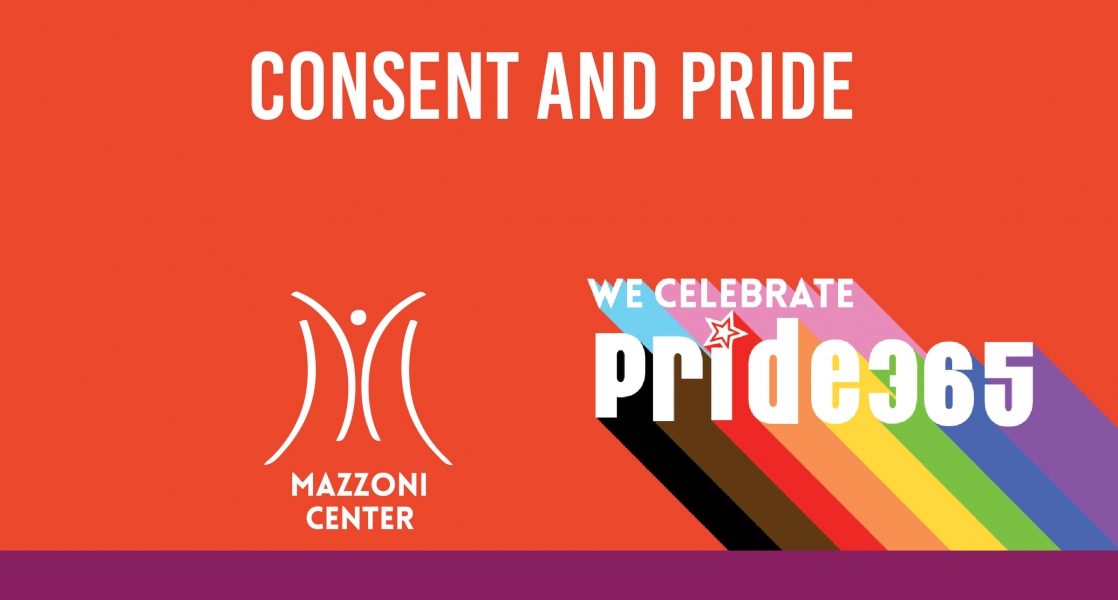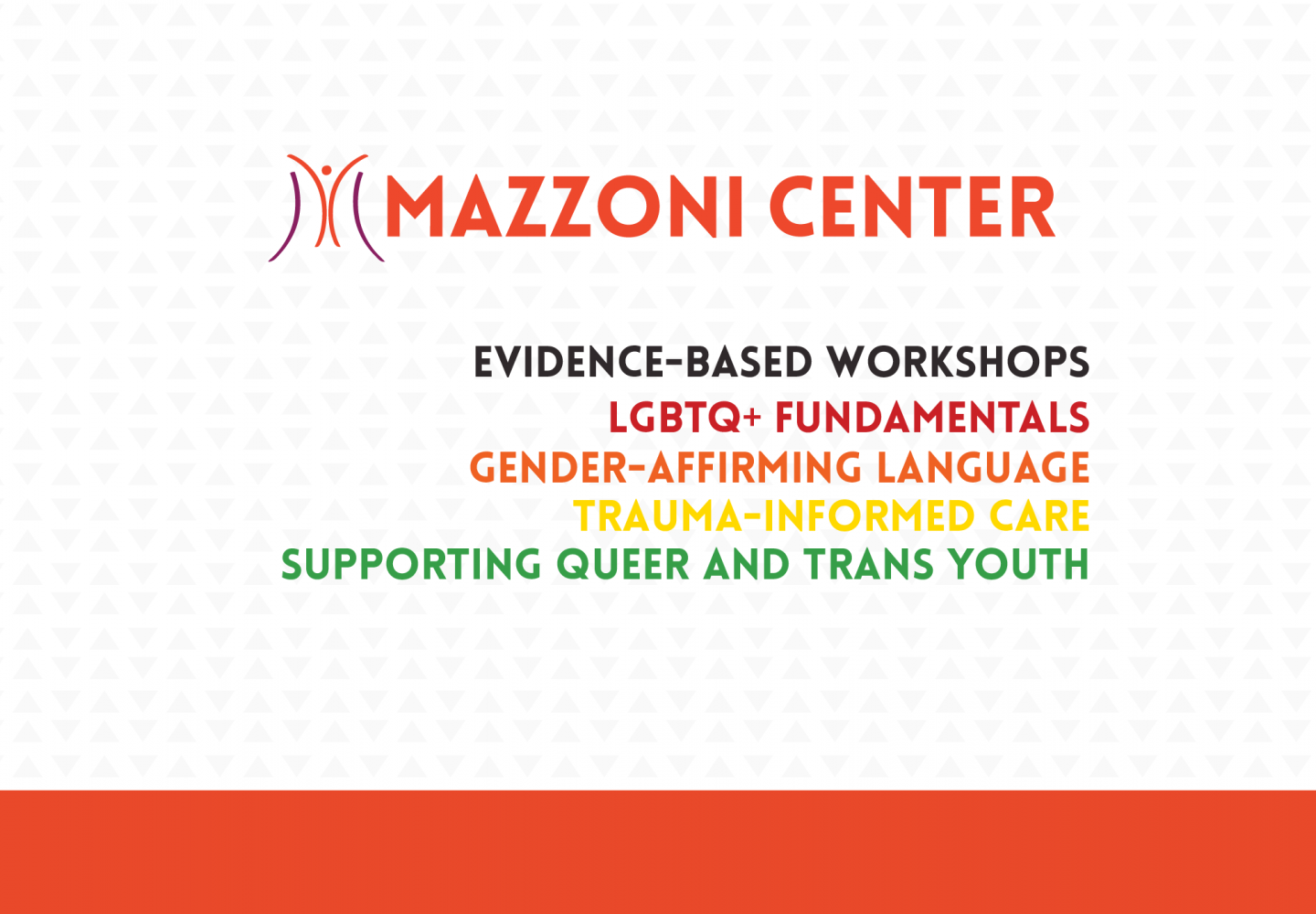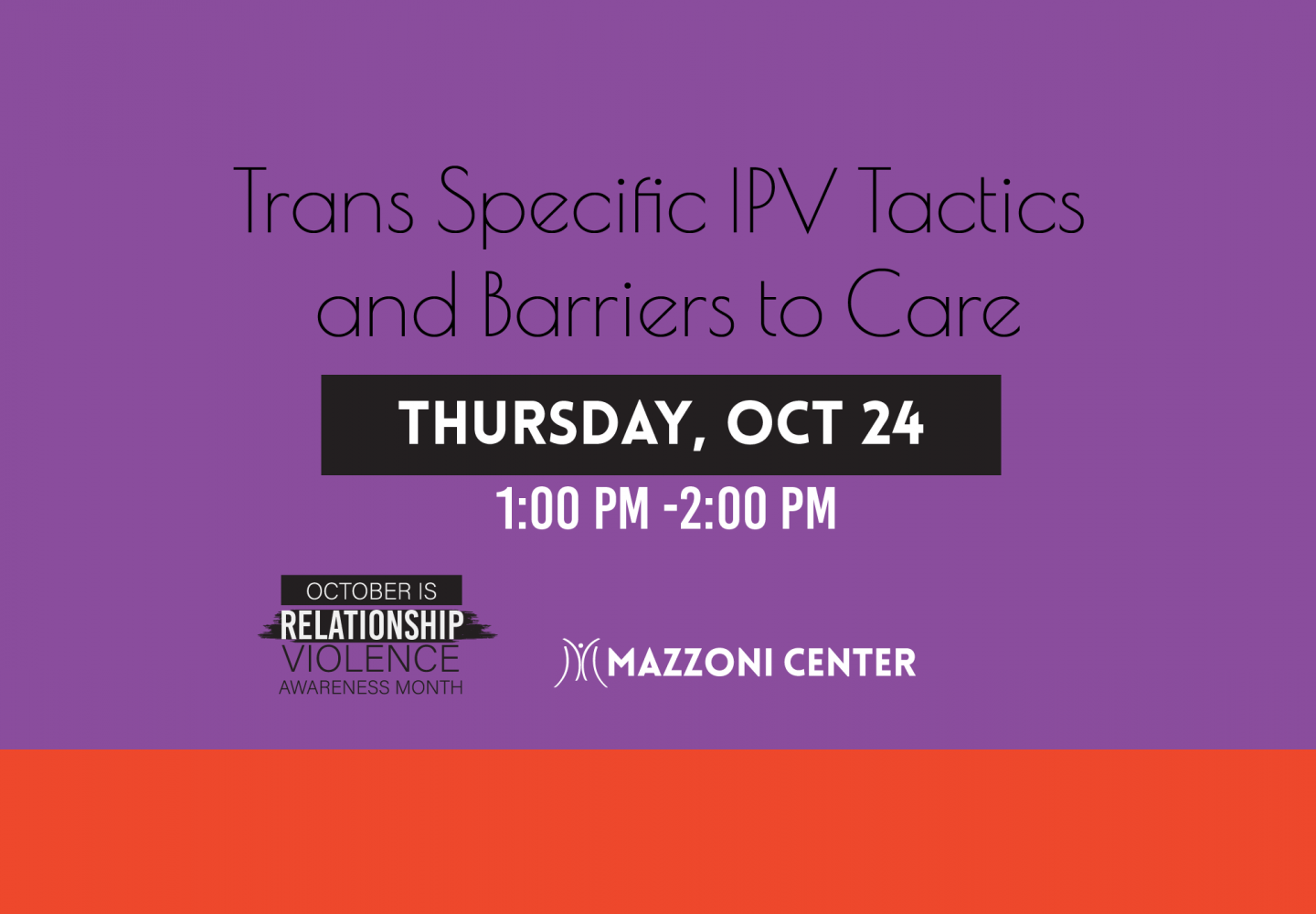Consent and Pride | June is Pride Month
Consent and Pride | June is Pride Month

It is officially Pride Month! This pride month trans and queer people across Philadelphia are convening to protest, be in community with each other, and celebrate. That celebration may look like enjoying LGBTQ+ sex with fellow community members, perhaps after partying during a fun Pride event. Consent after partying, especially if the partying involves drugs or alcohol, can feel hard to navigate. But we are here to help!
First, let us cover the basics of consent, some of which you can find here in our last blog post on consent for Sexual Assault Awareness and Advocacy Month. In that post we outlined when to ask for consent for sexual activity and provided lots of questions and examples to help you navigate consent, check-ins, and determining the dynamic after sex.
Consent is just an agreement between folks who are engaging in an activity together, and in this case, we are talking about sexual consent. Consent should be freely given, meaning that it should not be coerced, and folks should not be threatened into consenting to have sex. It should also be clear: what exactly are they consenting to. Maybe penetration with a dildo is okay but penetration with a penis is not. When navigating consent, it is important to talk through boundaries and limitations. It is also helpful if consent is verbal, but make sure what is said matches the body language and vibe of the person you want to have sex with. If someone is saying yes to sex but seems scared or is crying, for example, a further check-in is needed. What the person is saying must match up with the way they are acting.
When it comes to consent when someone is drunk, high, or impaired in some way, many of us have heard that consent cannot be given at all—that folks can never consent if they are “under the influence.” This black and white perception sounds good in theory, since we want people to be fully aware of what they are agreeing to, but in practice, folks are definitely having sex while intoxicated. So how can we do it safely and consensually?
Ask yourself the following questions:
- Are they slurring their words?
- Are their eyes glassy? Can they focus on what I am saying?
- Have they been sick? Thrown up?
- Have they passed out? Do they seem like they are close to passing out?
- Can they understand what I am saying? What I am asking of them?
- Is the person I want to have sex with more intoxicated than I?
- Would they say yes to having sex with me if they were not drunk or high?
It is never consensual if you are giving a person a substance to make them more likely to have sex with you. This is coercion.
These questions address situations where having sex is a hard no. If someone is slurring their words, exhibiting glassy vision or if they seem unable to focus on what is going on, if they have thrown up, have passed out or are close to passing out, or if they cannot understand what you are asking of them, they cannot consent. If they are much more intoxicated than you are, or if they originally said no to sex but are now saying yes because they are intoxicated, it is not consensual. Even though you cannot have sex with this hypothetical person because they cannot consent since they are too intoxicated, it may be helpful to check in with them and see if they need anything. For instance, if they are slurring their words because they have had a lot to drink, it might be good to get them a glass of water or see if they need a snack.
The bottom line is when you are navigating consent with someone who is drunk or high, you want to be sure they are aware of exactly what they are consenting to, that their “yes” is not only because of their intoxication, and that their consent matches their attitude and demeanor. If someone is saying yes but cannot keep their eyes open, it is not a good time to have sex and you do not have consent. If someone has had a few drinks but they are coherent and aware of their surroundings, they are aware of what they are agreeing too, and they have said yes to having sex and they seem enthusiastic about doing so—this might be a green light to have sex and a good example of intoxicated but consensual sex.
While these tools can help you better navigate sex with substances, if you are ever worried that someone is unable to consent because they are not sober enough, do not have sex. It is much better to be safe and wait than to do something that would be incredibly harmful.
Navigating sex with substances can be confusing—hopefully these tips can help you navigate sex while under the influence with everyone’s safety and pleasure in mind.
LGBTQ+ Survivors: You are not alone. Sexual assault is never your fault. If you have experienced sexual violence and need assistance, please call WOAR’s 24-hour crisis hotline at 215-985-3333.


